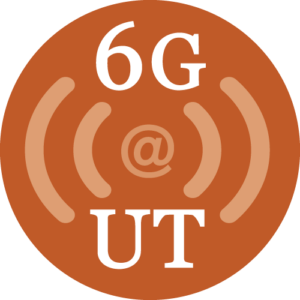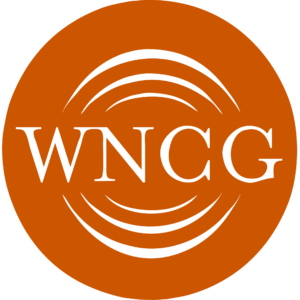January 2020: Key infrastructure of the United States, including cell-phone networks, financial markets, the electric grid, and emergency services, all depend on GPS timing signals for basic operation. A large-scale, coordinated attack could be accomplished by only a dozen or so people with the right equipment, spread out across the country.
“There is no foolproof defense,” Humphreys says. “What you can try is to price your opponent out of the game” by deploying antispoofing countermeasures. However, “if your opponent happens to be the Russian Federation,” Humphreys says, “good luck.” This isn’t an idle concern: the Center for Advanced Defense Studies, a Washington, D.C., research nonprofit, identified nearly 10,000 incidents originating at 10 locations that included the Russian Federation, Crimea and Syria. Experts in the U.S. government and in academia say Iran and North Korea also have the capability.
One solution is to implement a ground-based alternative to GPS in the form of eLoran (enhanced long-range navigation), which uses high-power, low-frequency signals that are difficult to jam or spoof. Although funding has been allocated for the construction of such a system in the United States, none has yet been spent. Many other countries rely on systems similar to eLoran as backups to GPS.
A more dramatic solution would be to augment GPS signals with digital signatures that authenticate the data by employing public-private key cryptographic methods. The signal coming from the current constellation of satellites cannot be changed, and an air force spokesperson said no plans exist to incorporate digital signatures into the next generation of satellites.
Read the full article featuring Dr. Humphreys in Scientific American.



